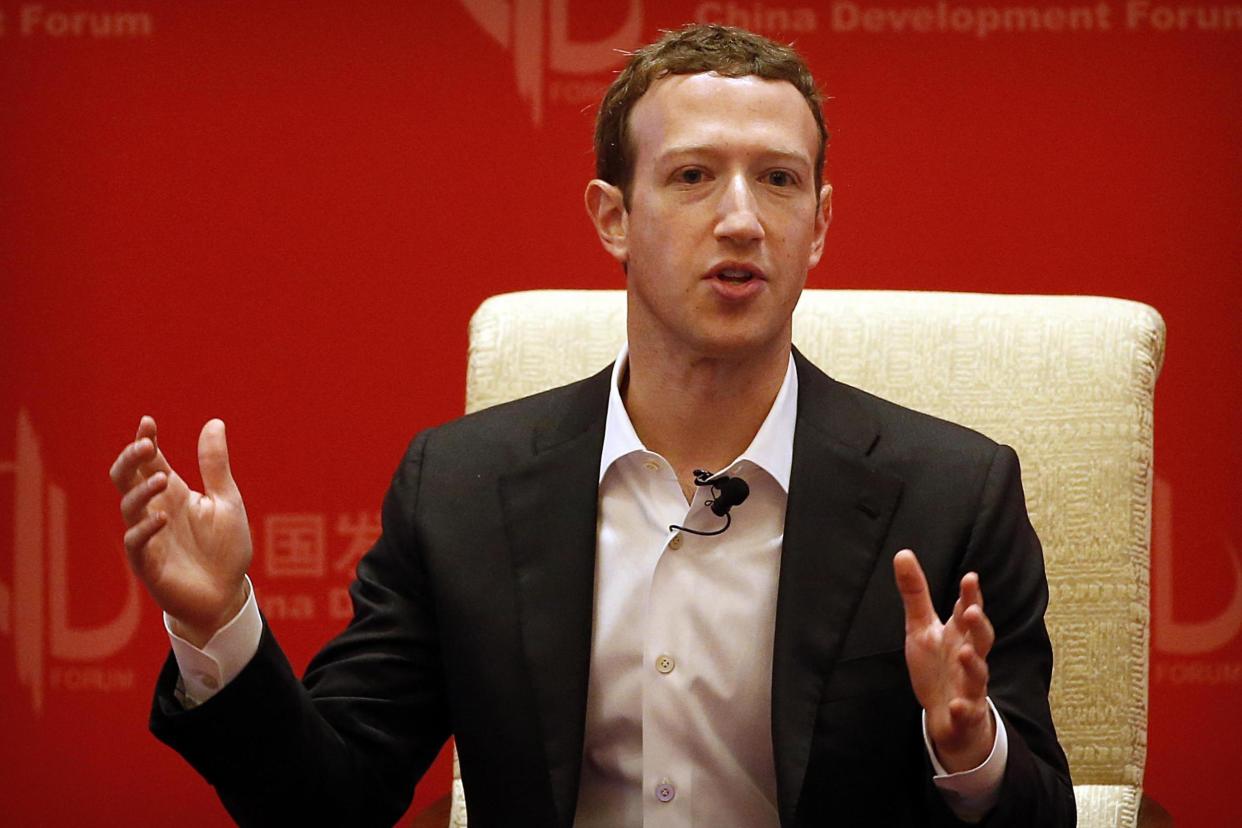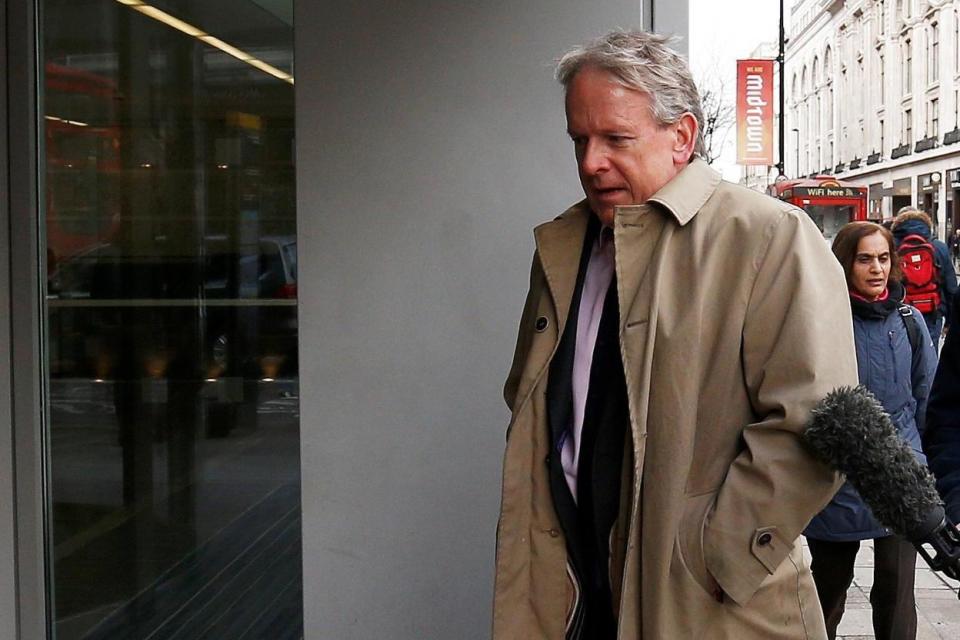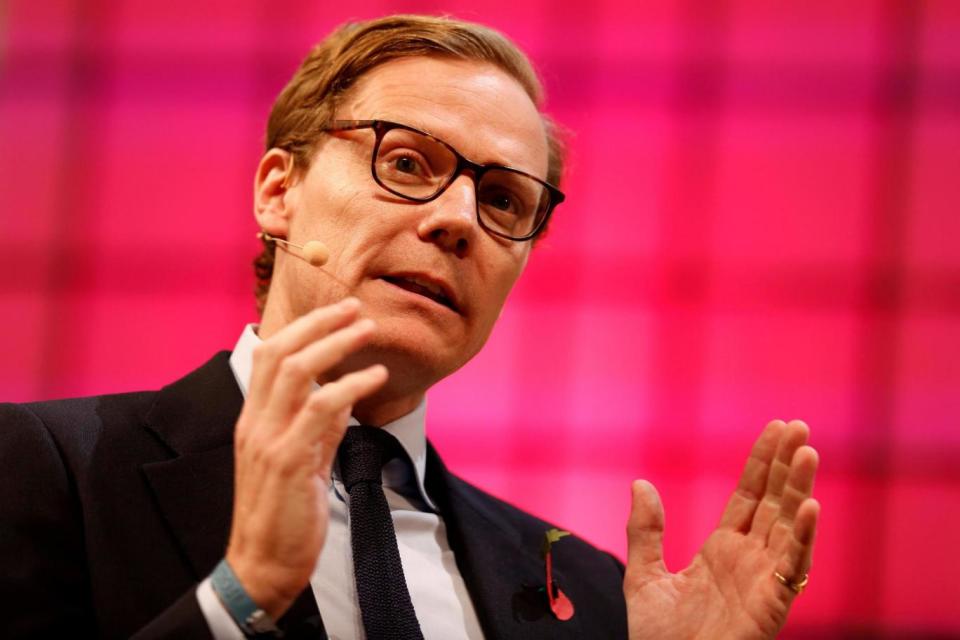Mark Zuckerberg summoned by MPs after Cambridge Analytica leak

MPs have summoned Facebook founder and CEO Mark Zuckerberg to face questions following the Cambridge Analytica leak.
The request came as data analysis firm Cambridge Analytica, based in the UK, faced allegations it had improperly used Facebook data to help Donald Trump win the 2016 US presidential election.
Cambridge Analytica has denied misusing data and said it deleted the Facebook data after learning the information did not adhere to data protection rules.
The chairman of the culture, media and sports select committee, Damian Collins MP, wrote in a letter to Mr Zuckerberg: "The committee has repeatedly asked Facebook how companies acquire and hold on to user data from their site, and in particular about whether data had been taken without their consent.
"Your officials' answers have consistently understated the risk, and have been misleading to the Committee.

"It is now time to hear from a senior Facebook executive with the sufficient authority to give an accurate account of the catastrophic failure of process."
The letter asks that Mr Zuckerberg confirm his attendance by Monday March 26, though he is under no legal obligation to do so.
Both Facebook and Cambridge Analytica have faced scrutiny over the role of user data in the Brexit vote in June 2016.

British information commissioner Elizabeth Denham has told the press she is using "all her legal powers" to investigate the social media giant and Cambridge Analytica over the alleged misuse of data.
She is currently pursuing a warrant to search Cambridge Analytica's servers and has asked Facebook to cease its own efforts to audit the firm's data use.
Channel 4 News used an undercover investigation to record Cambridge Analytica's chief executive, Alexander Nix, saying that the company could use unorthodox methods to wage successful political campaigns for clients.

He said the company could "send some girls" around to a rival candidate's house, suggesting that girls from Ukraine are beautiful and effective in this role.
He also said the company could "offer a large amount of money" to a rival candidate and have the whole exchange recorded so it could be posted on the internet to show that the candidate was corrupt.
Nix says in a statement on the company's website that he deeply regrets his role in the meeting and has apologised to staff.
"I am aware how this looks, but it is simply not the case," he said. "I must emphatically state that Cambridge Analytica does not condone or engage in entrapment, bribes or so-called `honeytraps', and nor does it use untrue material for any purposes."
Nix told the BBC the Channel 4 sting was "intended to embarrass us".
"We see this as a co-ordinated attack by the media that's been going on for very, very many months in order to damage the company that had some involvement with the election of Donald Trump," he said.
The data harvesting used by Cambridge Analytica has also triggered calls for further investigation from the European Union, as well as federal and state officials in the United States.
Cambridge Analytica has denied misusing data and said it deleted the Facebook data after learning the information did not adhere to data protection rules.
"We are not alone in using data from social media sites to extract user information," Cambridge Analytica said. "No Facebook data was used by our data science team in the 2016 presidential campaign."
Additional reporting by the Associated Press

 Yahoo News
Yahoo News 
